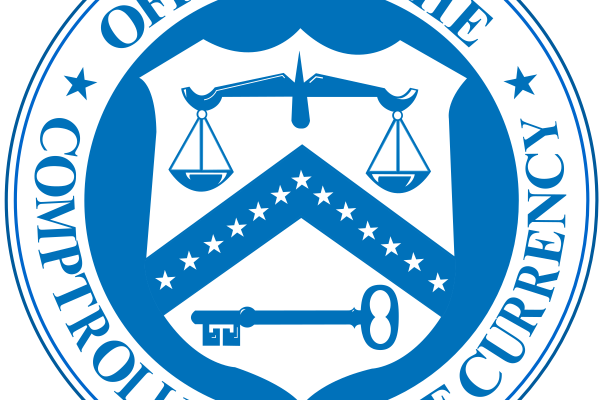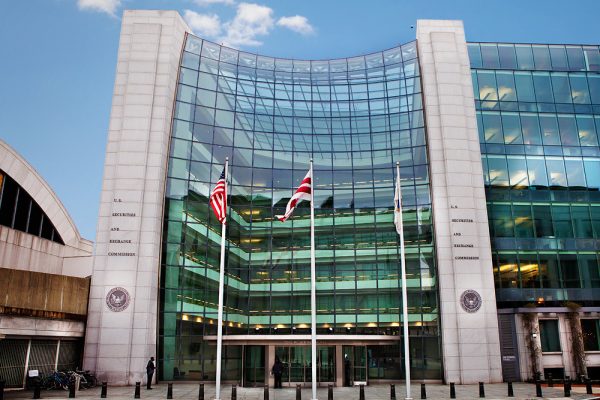In The News: Decoding Hsu’s Big Speech on Breaking Up Banks (Capitol Account)
“The OCC has a long record of being super-tight with the big banks. The onus is on them to ensure that this plan on too-big-to-manage is not just paper-pushing,” says Sarah Pray, managing director for policy at Americans for Financial Reform. “Process is nice, but results – delivered promptly – that finally end chronic abuse of consumers by too-big-to-manage megabanks would be better.”










